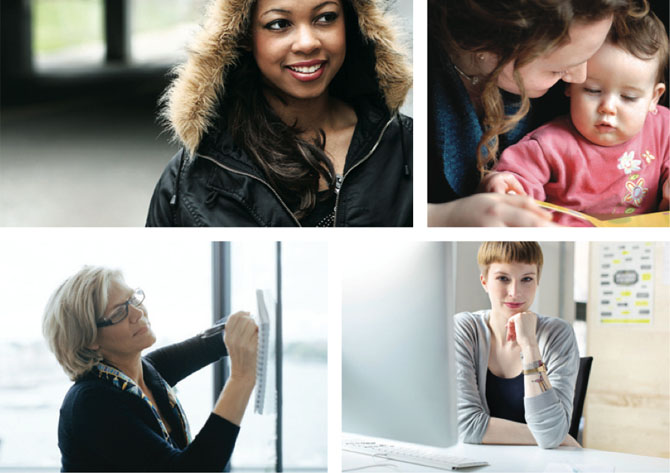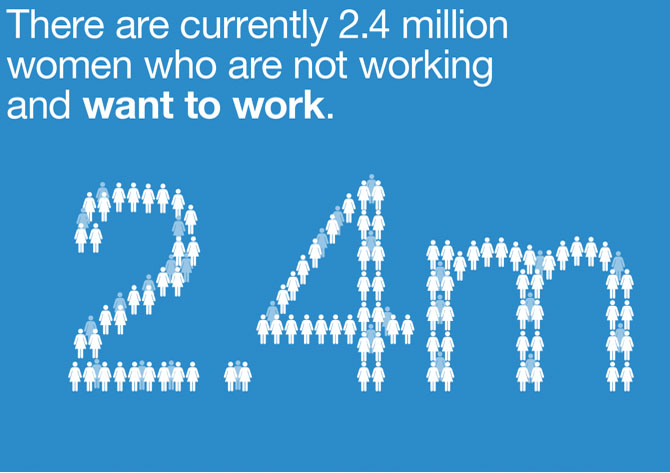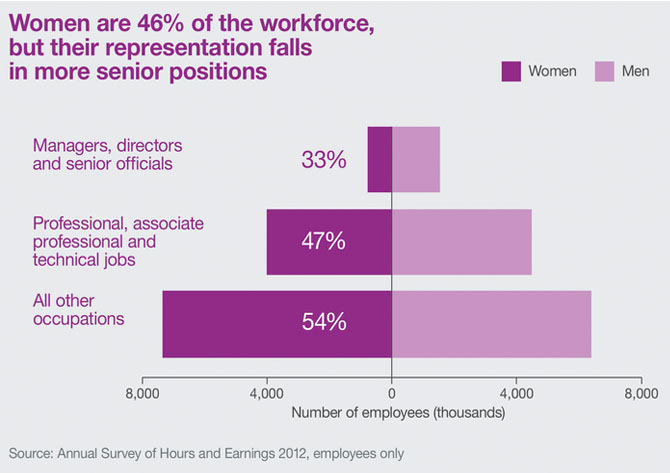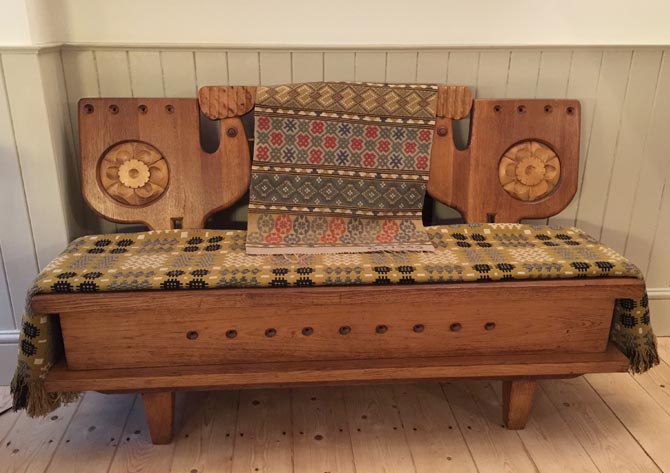 It’s been another interesting week for older women’s issues, and indeed issues that affect all women (how come John Inverdale is still in his job?).
It’s been another interesting week for older women’s issues, and indeed issues that affect all women (how come John Inverdale is still in his job?).
On Monday we were invited by Women In Journalism to listen to James Harding, ex editor of The Times and soon-to-be head of news and current affairs at the BBC, talk about the issue of women (or lack of them) in BBC newsrooms. Many topics were discussed, but we loved when the terrific Lynn Faulds Wood, investigative journalist and ex BBC presenter, made Mr Harding properly answer a question about the lack of older women on our screens -he talked non committal waffle when he was first asked the question. Lynn said ‘I don’t think you quite answered that properly James, can I pin you down on exactly what you’re going to do about the lack of older women on our screens? I was a presenter for 15 years but I can’t catch a cold now”. His answer was, “It is an issue. We need to something determinedly and definitely about it.”
No Shit, Sherlock, as the saying goes.
I was encouraged by Lynne and journalist Carole Stone, who I also met, who are front-row-fighters making James take us grown up women seriously. But it’s abundantly clear we need to make more noise about this, as it was obvious he really hasn’t got us on the top of his priority list.
Then TWR reader Cilla Snowball pointed us to the new Women’s Business Council report, which she helped compile, because it is full of fabulous facts to help us make more noise about women and older women in the workplace (don’t you love info-graphics?)
James might like to read it.
In particular I’d send him to the section on women who want to Stay On and find brilliantly satisfying jobs in their 50s, 60s and beyond, because it makes excellent business sense. According to the report, the economy would benefit by £1.5bn if more help was given to older women who want to work for longer but have real issues being taken seriously in the workplace, such as stero-typical views on older workers, lack of training on IT skills and because they are often carers of older parents themselves.
 It’s also clear from the report women of all ages are brilliantly entrepreneurial but find it harder than men to get started. If women were starting businesses at the same rate as men, we’d have another one million female entrepreneurs around to inspire other women to do the same. Attitudes need to change and this report might help if the government and business listen to its recommendations.
It’s also clear from the report women of all ages are brilliantly entrepreneurial but find it harder than men to get started. If women were starting businesses at the same rate as men, we’d have another one million female entrepreneurs around to inspire other women to do the same. Attitudes need to change and this report might help if the government and business listen to its recommendations.
Cilla’s done her own tub-thumping on a recent Campaign blog, where she challenges her industry (advertising) to adjust its attitude towards both women and in particular older women, by getting more of them in the work force. On the blogpost she says,
“Let’s take a hard look at the demographics of the advertising industry at the other end of the age spectrum. We’re a young business with an average age of 34. A massive 45% of the UK population is over 50 but only a tiny 6% of the ad industry population is over 50. So we have a double challenge to address, if we’re to avoid looking sexist as well as ageist in our industry profile going forward.”
 She also wants to see more women at senior level in advertising (and for ‘senior’ we’re reading women who might be older than that average, as of course experience comes with age).
She also wants to see more women at senior level in advertising (and for ‘senior’ we’re reading women who might be older than that average, as of course experience comes with age).
“The IPA 2012 Census shows women are doing well at industry level, which is 49% female, but less well at management level, where only 21.5% of agencies are led by women. This looks promising by comparison with the 2011 census figure of 13.5%, and brilliant by comparison with the FTSE 100 where there are only three female chief executives. But it’s not enough. In future, let’s measure the proportion of women on agency boards and in agency management teams in the census; not just chairs, chief executives and managing directors as we currently do. This will expose the industry laggards and the pioneers, giving us a framework for action to develop the pipeline. We can’t manage what we can’t measure.”
It’s brilliant that Cilla, who is Group CEO and Chairman at AMV BBDO – the biggest advertising agency in the UK- is making a noise within her industry. And she is optimistic, telling us ” Things are starting to change…the number of women running agencies and sitting on management teams is increasing. There is a terrific pipeline of women coming through. But we have to build on this momentum fast and accelerate the pace if we are to see real change in our lifetimes. This means identifying and overcoming the barriers and fronting great role models at all ages and stages. And doing that with men not in opposition. “
Still LOTS more to do in all industries, fashion and beauty in particular, where we want more older women in all aspects of our industry to concentrate our issues (don’t get us started on the average age of PR staff in fashion or the lack of older women designers in design studios!) According to the report, by 2022 50% of the population will be 50plus. So if you’re a brand and you’re reading this….what’s your women-at-50plus strategy?
Read the full report Read the 50plus sectionAll images taken from the Women’s Business Council report





Auch an interesting article! Thanks for sharing it
I think that the line between a woman and a man in the matter of doing business is gradually blurring. Now anyone can start an online business, and that’s cool. Speaking of business, I work online with a betting platform, so when I needed optimize my site, I immediately found Uplatform, which provides excellent business solutions.
Sell patents online is a service that allows companies to license and sell their intellectual property online. It is a great way for companies to increase their revenue and protect their intellectual property. The IPA 2012 Census shows that women are doing well in the industry level, but are not as represented in management levels. This could be a great opportunity for women to increase their representation in these leadership roles. By selling their patents online, women entrepreneurs could gain more control over their intellectual property and increase their financial resources. This could lead to more opportunities for female entrepreneurs to succeed and become leaders in their respective fields. By having access to these resources, female entrepreneurs could have a greater chance of success in their business endeavors.
I’ve been trying out different platforms lately, and I’ve got to say, there’s this one that has truly stood out to me. It’s not your run-of-the-mill service, this one really takes the cake for efficiency. Everything is so straightforward, it’s almost as if the platform intuitively knows what you need. Now, it’s not common to find a service that works without hitches, but this one does. Here’s the link: https://transferty.com/. It’s a breath of fresh air compared to other platforms that are overly complex or unreliable. I strongly suggest you give it a shot, and I’m sure you’ll be as pleased as I am.
Your article is great! Your viewpoints are valid and well-represented. This is useful and interesting data that I can appreciate. You are obviously knowledgeable in this area. You kept this content smart and very engaging. ngamentogel
Our team is in need of digital signage software to better connect with customers and employees. Does anyone have experience with platforms that provide powerful content management, easy scheduling, and real-time updates? We’re looking for software that is both user-friendly and dependable. Your insights would be very helpful.
You might want to take a look at Display NOW Digital Signage Manager. I’ve found it really handy for managing content remotely, which works well for engaging both customers and employees. The software https://displaynow.io/digital-signage has a simple interface for adding media, creating playlists, and broadcasting to screens. You can install it on any device connected to a screen and control your content from anywhere, making scheduling and real-time updates quite convenient. The user experience depends on the platform, but Display NOW is designed to be easy to use, even for those without much technical know-how. It could be a solid and straightforward option for your digital signage needs.
Thank You admin for published a very informative post. Great work Amazing post worth my time and i enjoyed reading it thankk you so much you. prabutoto